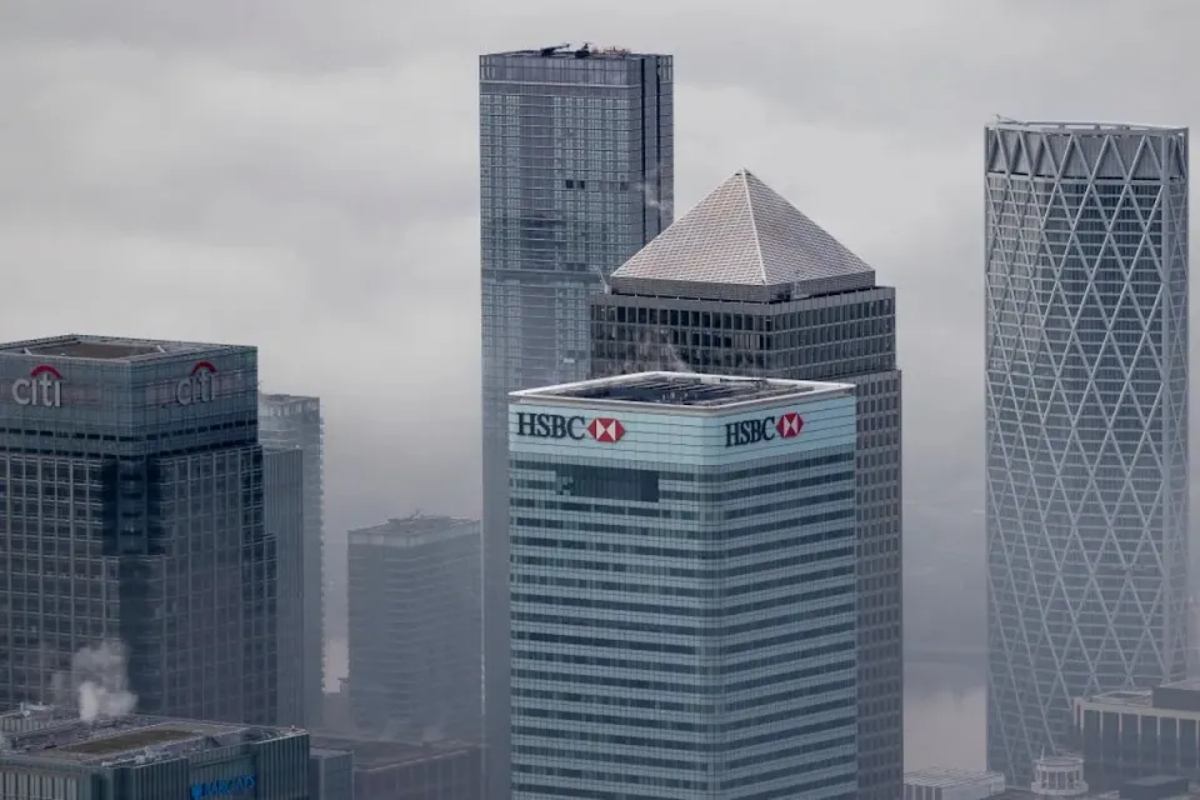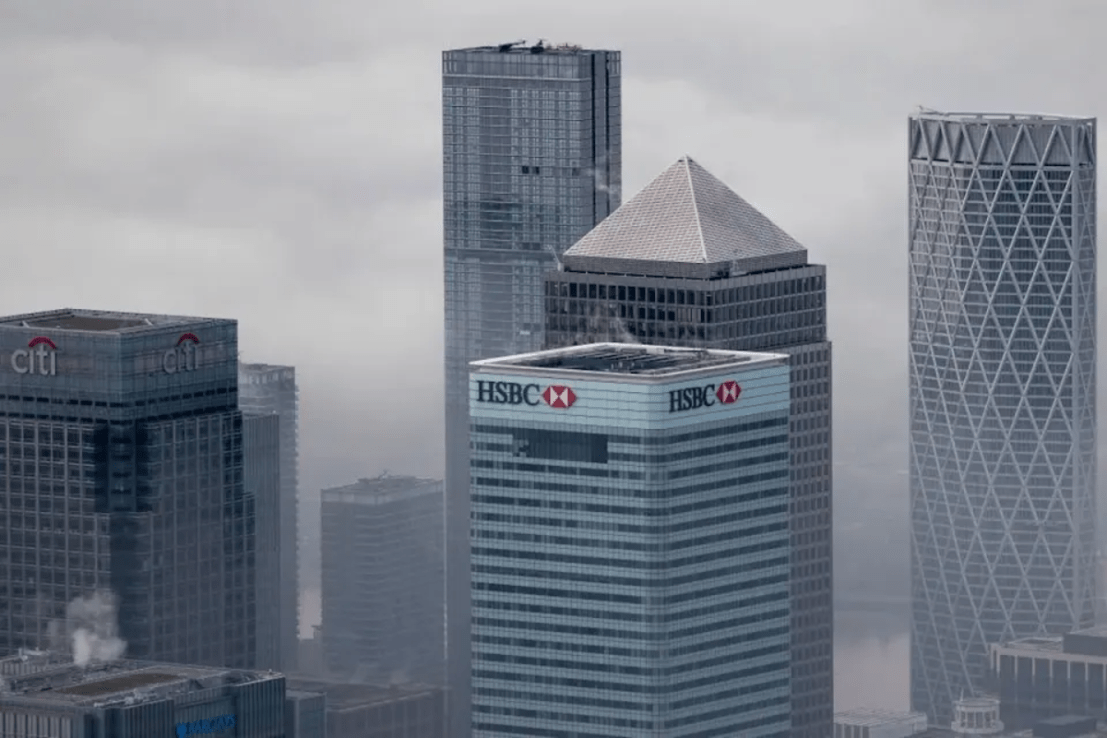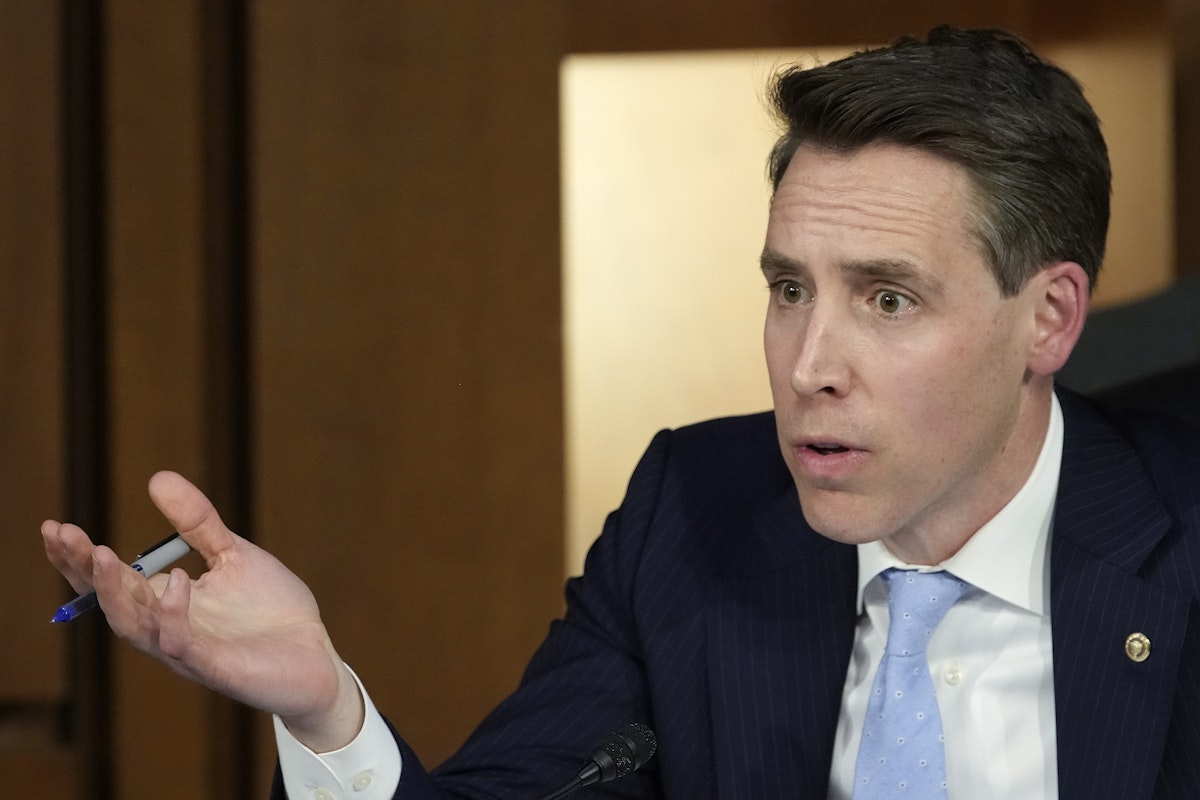FTSE 100: Natwest, Barclays and Lloyds shares drop on fears of Labour tax raid
Shares in the UK's largest banks dropped on Wednesday amid concerns that the new Labour government could raise taxes on the sector in October's Budget.


Shares in the UK’s largest banks dropped on Wednesday amid concerns that the new Labour government could raise taxes on the sector in October’s Budget.
Natwest and Barclays were among the biggest fallers on the FTSE 100, dropping as much as 4.1 per cent and 3.7 per cent respectively. The moves wiped more than £1bn from each firm’s market capitalisation.
Lloyds Banking Group, the UK’s biggest domestic lender, dropped as much as 3.3 per cent.
Elsewhere, shares in Asia-focused HSBC and Standard Chartered fell up to 0.8 per cent and 1.5 per cent respectively.
The news comes after Keir Starmer, in his first major speech since becoming prime minister, said on Tuesday that those “with the broadest shoulders should bear the heaviest burden” for filling what Labour claims is a £22bn “black hole” in the public finances left by the Conservative government.
A spokesperson for now Chancellor Rachel Reeves said in May, before the general election, that she had “no plans” to raise the surcharge on bank profits or introduce a financial transaction tax.
However, recent bumper profits in the sector have fuelled speculation that banks could become an easy target for further taxes, including a windfall tax.
Lloyds, HSBC, Barclays and Natwest together posted a record £44.2bn in pretax profit last year, up 41 per cent from £31.4bn in 2022, on the back of interest rate hikes from the Bank of England, which allowed them to charge more on loans.
Meanwhile, data published by the Treasury Committee in May showed big banks earned more than £9bn in interest on their central bank reserves last year, up 135 per cent from 2022.
“There are banks who’ve been making good profits out of higher interest rates – they’ve got broad shoulders and no one likes banks,” a former senior Whitehall adviser told the Financial Times on Tuesday.
Influential lobby groups like the TheCityUK have staunchly opposed a windfall tax on banks, arguing it would make Britain less competitive compared to other financial hubs by deterring businesses and investors.
Non-profit advocacy group Positive Money found in February that a windfall tax on Big Four bank profits could raise between £3.5bn and £14bn.
Other options available to Labour include increasing the capital gains tax rate to align it with income tax. Reeves has not explicitly ruled out such a measure.
City A.M. approached the Treasury for comment.



